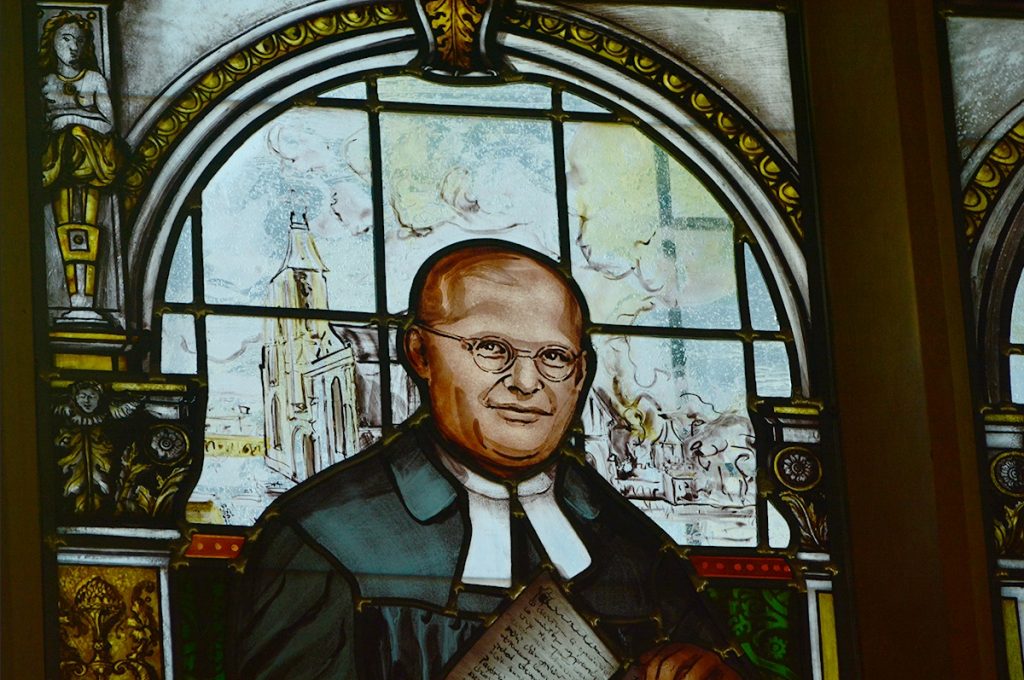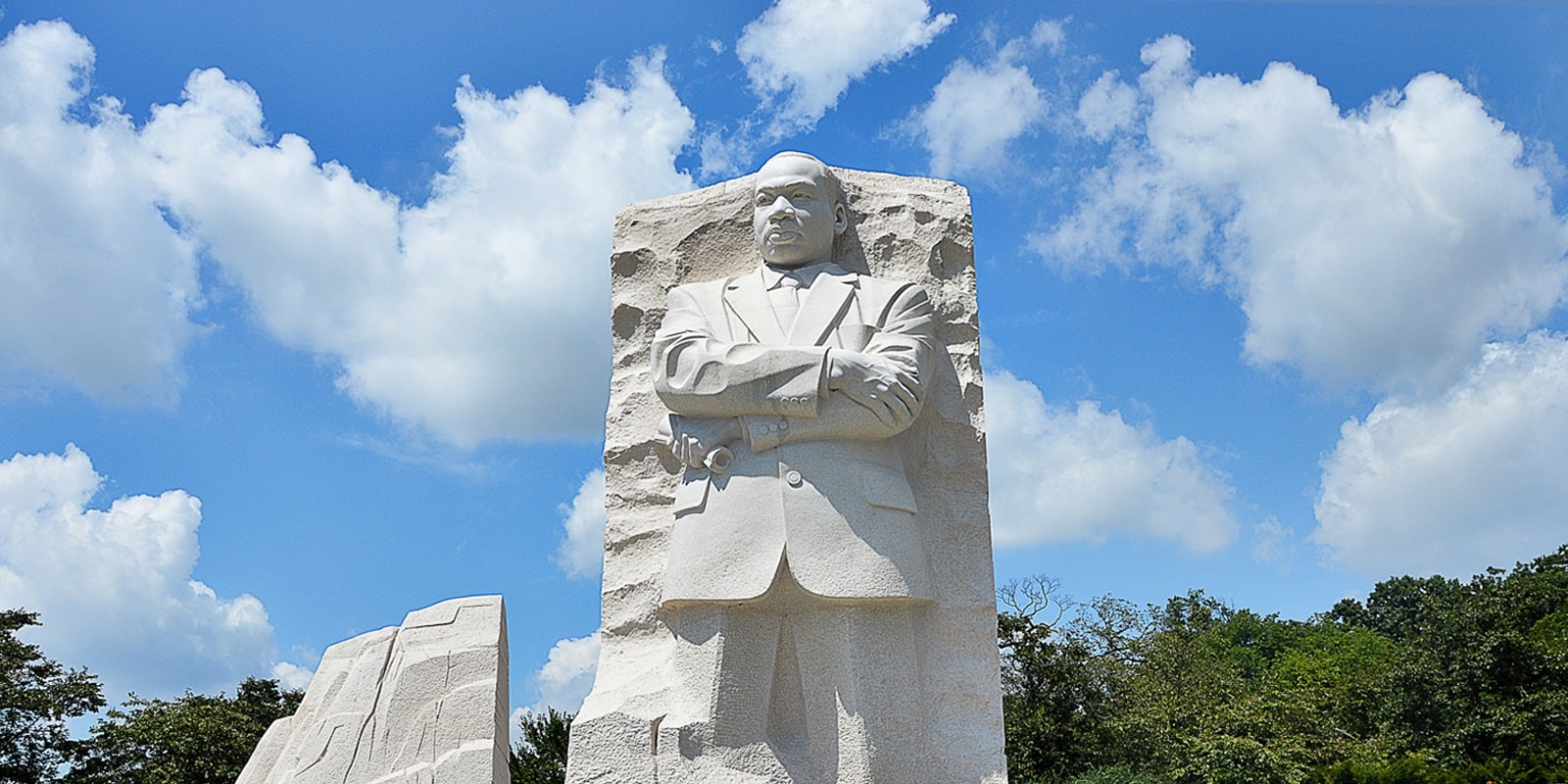


The great masquerade of evil has played havoc with all our ethical concepts. For evil to appear disguised as light, charity, historical necessity, or social justice is quite bewildering to anyone brought up on our traditional ethical concepts, while for the Christian who bases his life on the Bible it merely confirms the fundamental wickedness of evil.
The ‘reasonable’ people’s failure is obvious. With the best intentions and a naïve lack of realism, they think that with a little reason they can bend back into the position the framework that has got out of joint. In their lack of vision they want to do justice to all sides, and so the conflicting forces wear them down with nothing achieved. Disappointed by the world’s unreasonableness, they see themselves condemned to ineffectiveness; they step aside in resignation or collapse before the stronger party.
The great masquerade of evil has played havoc with all our ethical concepts. Evil appears disguised as light, charity, historical necessity, and social justice.
Still more pathetic is the total collapse of moral fanaticism. The fanatic thinks that his single-minded principles qualify him to do battle with the powers of evil; but like a bull he rushes at the red cloak instead of the person who is holding it; he exhausts himself and is beaten. He gets entangled in non-essentials and falls into the trap set by cleverer people.
Then there is the man with a conscience, who fights single-handed against heavy odds in situations that call for a decision. But the scale of the conflicts in which he
has to choose – with no advice or support except from his own conscience – tears him to pieces. Evil approaches him in so many respectable and seductive disguises that his conscience becomes nervous and vacillating, till at last he contents himself with a salved instead of a clear conscience, so that he lies to his own conscience in order to avoid despair; for a man whose only support is his conscience can never realize that a bad conscience may be stronger and more wholesome than a deluded one.
From a perplexingly large number of possible decisions, the way of duty seems to be the sure way out. Here, what is commanded is accepted as what is most certain, and the responsibility for it rests on the commander, not on the person commanded. But no one who confines himself to the limits of duty ever goes so far as to venture, on his sole responsibility, to act in the only way that makes it possible to score a direct hit on evil and defeat it. The man of duty will in the end have to do his duty by the devil too.
As to the man who asserts his complete freedom to stand four-square to the world, who values the necessary deed more highly than an unspoiled conscience or reputation, who is ready to sacrifice a barren principle for a fruitful compromise, or the barren wisdom of a middle course for a fruitful radicalism – let him beware lest his freedom should bring him down. He will assent to what is bad so as to ward off something worse, and in doing so he will no longer be able to realize that the worse, which he wants to avoid, might be the better. Here we have the raw material of tragedy.
Here and there people flee from public altercation into the sanctuary of private virtuousness. But anyone who does this must shut his mouth and his eyes to the injustice around him. Only at the cost of self-deception can he keep himself pure from the contamination arising from responsible action. In spite of all that he does, what he leaves undone will rob him of his peace of mind. He will either go to pieces because of this disquiet, or become the most hypocritical of Pharisees.
Who stands fast? Only the man... who is ready to sacrifice all [when] he is called to obedient and responsible action in faith and in exclusive allegiance to God.
Who stands fast? Only the man whose final standard is not his reason, his principles, his conscience, his freedom, or his virtue, but who is ready to sacrifice all this when he is called to obedient and responsible action in faith and in exclusive allegiance to God – the responsible man, who tries to make his whole life an answer to the question and call of God. Where are these responsible people?









No spam, stay up to date on new articles, resources and events!
Get notified about new articles from the Institute.